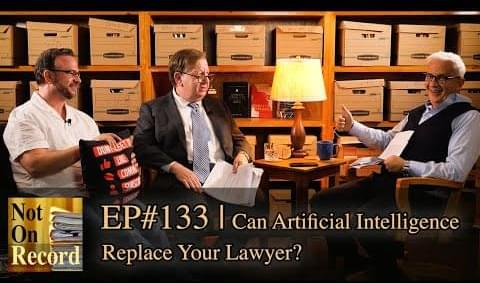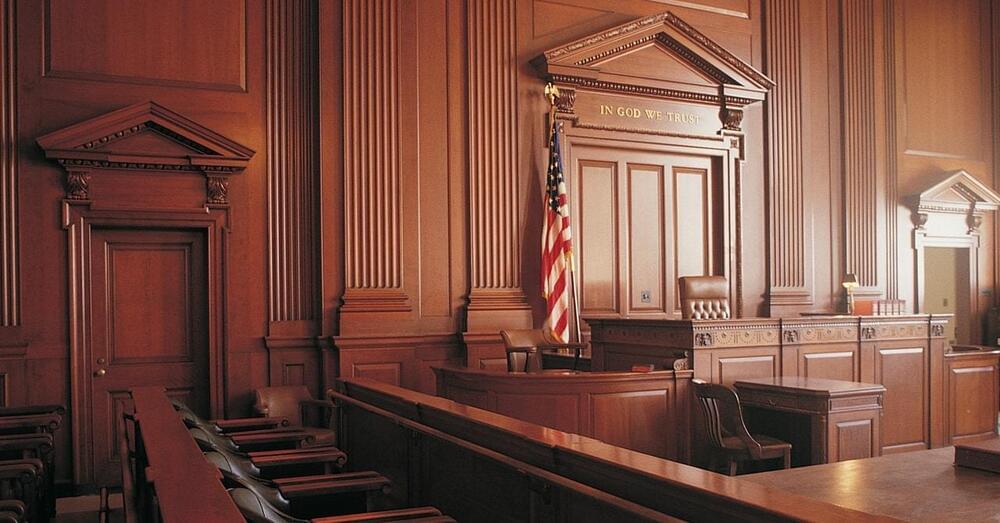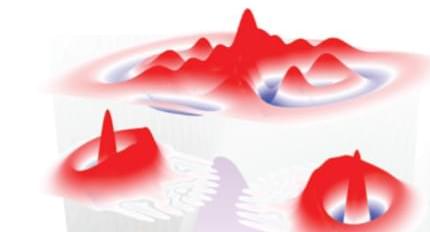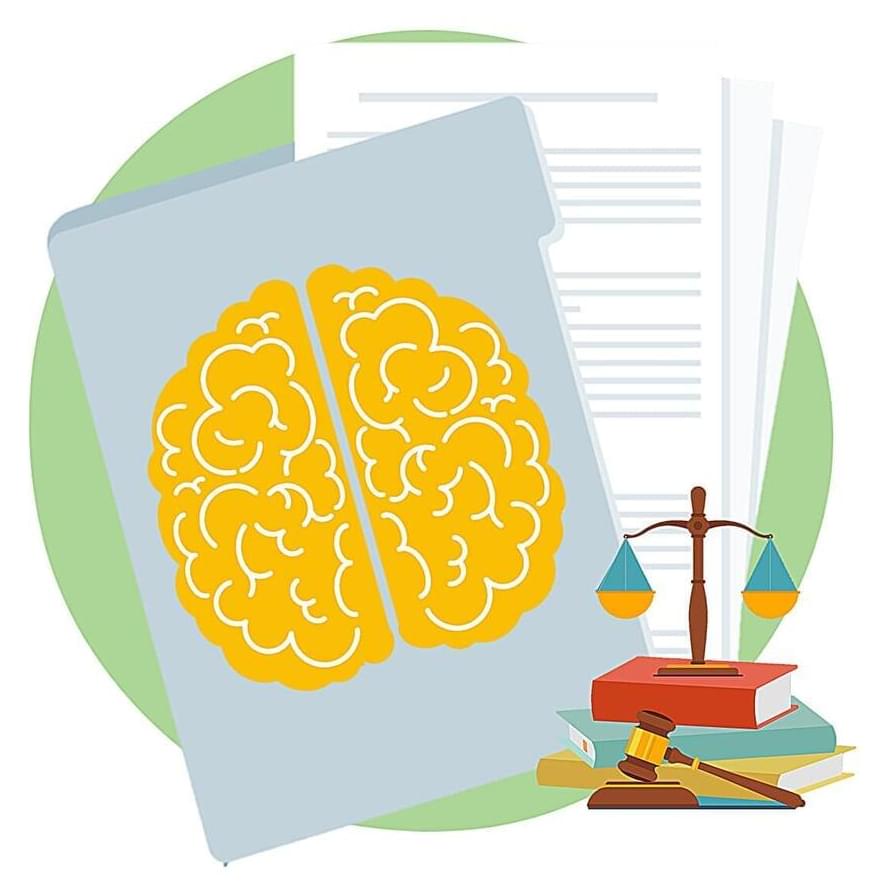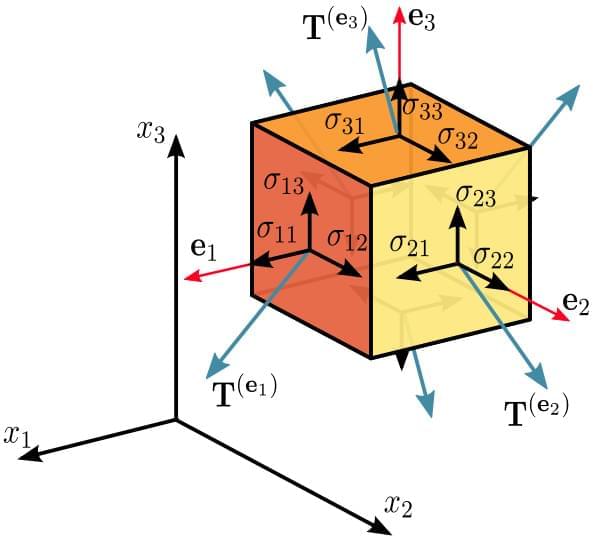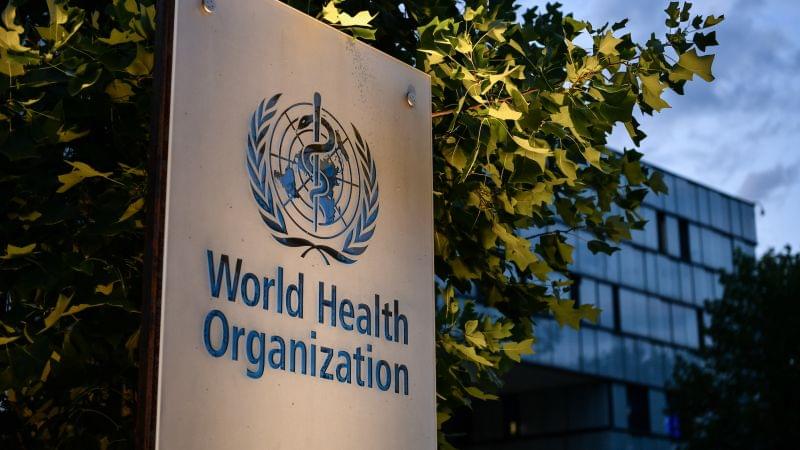Sep 22, 2024
Penn State barred embattled professor from doing research
Posted by Dan Breeden in categories: biotech/medical, law
The Pennsylvania State University in May blocked a prominent professor at the school from doing research and making presentations on its behalf, Retraction Watch has learned.
The professor, Deborah Kelly, has faced mounting scrutiny over her work since a researcher in the United Kingdom noticed apparent data manipulation in a now-retracted article she published in 2017. Kelly earned her third retraction last week following a university probe that found “serious data integrity concerns” in another paper, as we reported at the time.
In comments she made via her legal counsel for that story, Kelly, a biomedical engineer and an expert in electron microscopy, told us:


